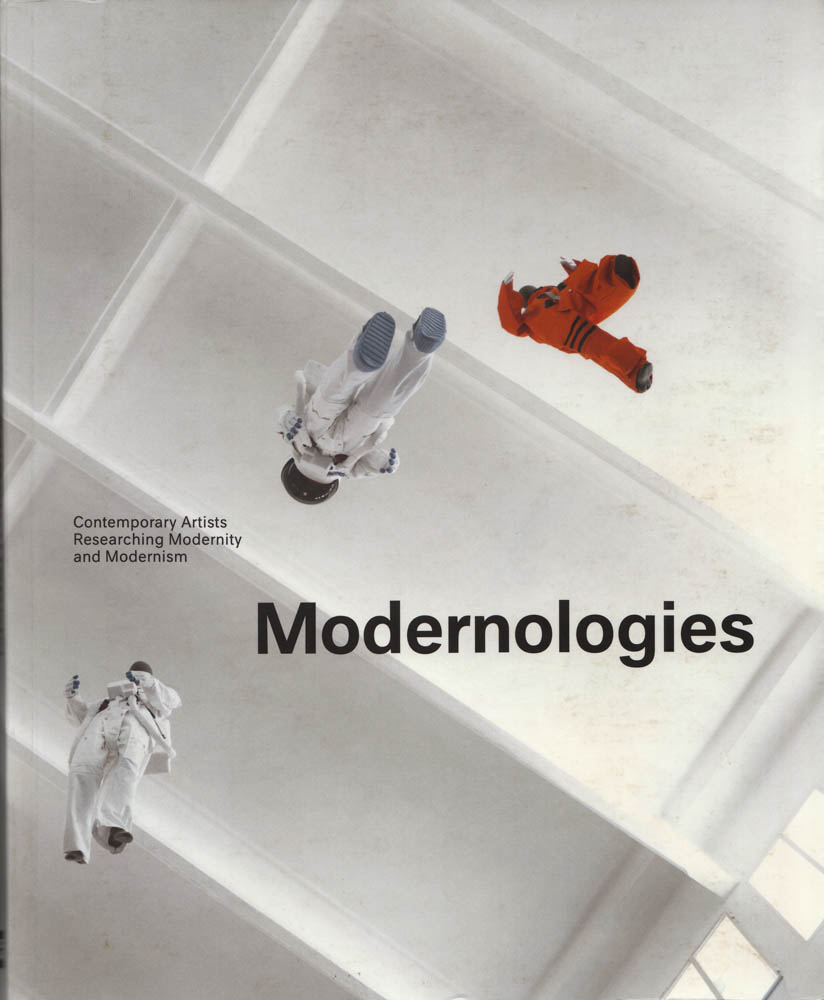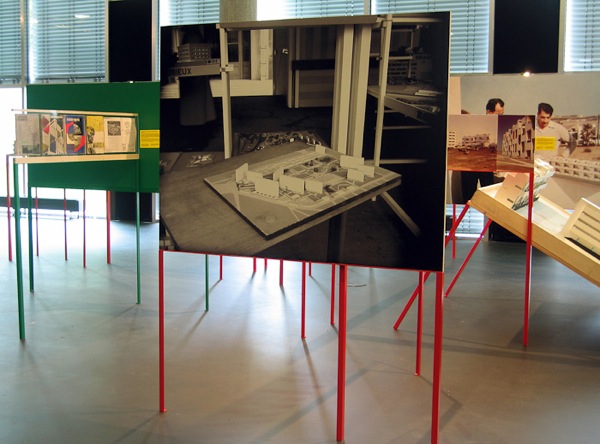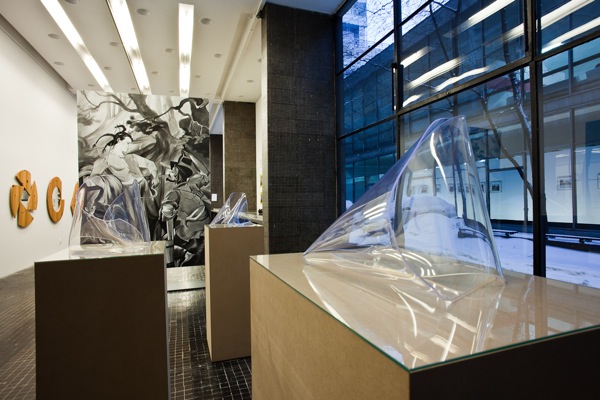Curator:
Sabine Breitwieiser (born 1962 in Wels, Austria; lives and works in Salzburg, Austria).
Description:
Group exhibition at Museu d’Art Contemporani de Barcelona (MACBA), Spain on view from September 23, 2009-January 17, 2010.
Featuring: Armando Andrade Tudela, Anna Artaker, Alice Creischer / Andreas Siekmann, Domènec, Katja Eydel, Ângela Ferreira, Andrea Fraser, Isa Genzken, Dan Graham and Robin Hurst, Tom Holert / Claudia Honecker, Marine Hugonnier, IRWIN, Runa Islam, Klub Zwei (Simone Bader / Jo Schmeiser), John Knight, Labor k3000 (Peter Spillmann / Michael Vögeli / Marion von Osten), Louise Lawler, David Maljkovic, Dorit Margreiter, Gordon Matta-Clark, Gustav Metzger, Christian Philipp Müller, Henrik Olesen, Paulina Olowsa, Falke Pisano, Mathias Poledna, Florian Pumhösl, Martha Rosler, Stephen Willats, and Christopher Williams.
“This project examines modernity as a promising socio-political movement which, basing itself on industrialization and technology, on the principles of human rights and democracy, on the right to self-determination, on the principle of education for all, on secularisation and Enlightenment philosophy, and above all on the underlying notion of progress and continual development, aspired to form a universal language. Hence, art no longer stood in a direct functional relationship to its former patrons, the Church and the aristocracy, but instead became committed to the ideology of autonomy. The arts were accordingly required to portray modern life not only in adequate forms but also with analogous contents as part of this movement, in order to reflect the utopian potential of modernity but also the destructive and regressive sides of revolution and upheaval. Modernism attempted to illustrate the experiences and ramifications of modernity in artistic forms—and in undertaking this project it was almost post-modern.
“The aim of the Modernologies exhibition is to achieve an account of the state of artistic research and to discuss selected contributions to the subject matter that appear central after two to three decades of an ever intensely blazing conflict about the legacy of modernity and modernism as regards form and content, and the (to some extent) solid criticism of this category and the contents that are linked to it. To this effect the project advocates neither a ‘new formalism’ nor a ‘return to abstraction.’ Neither is the focus per se on revealing “unknown modernisms” in countries whose protagonists have been assigned more marginalized roles in relation to this subject matter up to now; it is much more about a fundamental attack that challenges the conditions and constraints of modernity and modernism and will reveal new readings. What is the artists’ relationship to the promises and forms of modernity, and how can this historical era be reflected in artworks in a critical way or even undergo a re-evaluation? At the same time, the ambivalent situation of this exhibition, which paradoxically deals with a project that is associated more than almost any other with its failure, should not go unmentioned.”
—Press Release, “Modernologies: Contemporary Artists Researching Modernity and Modernism,” MACBA website.




